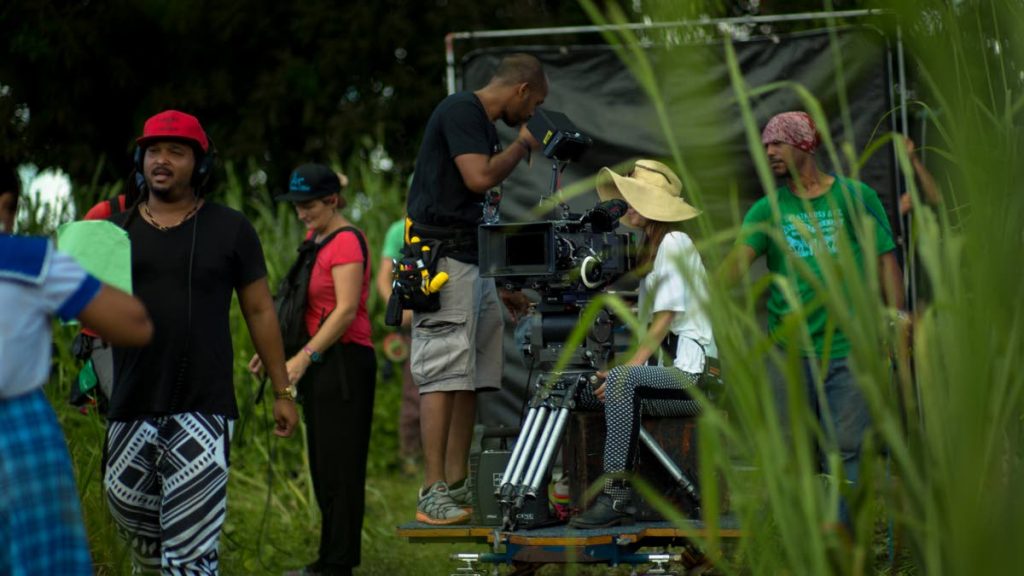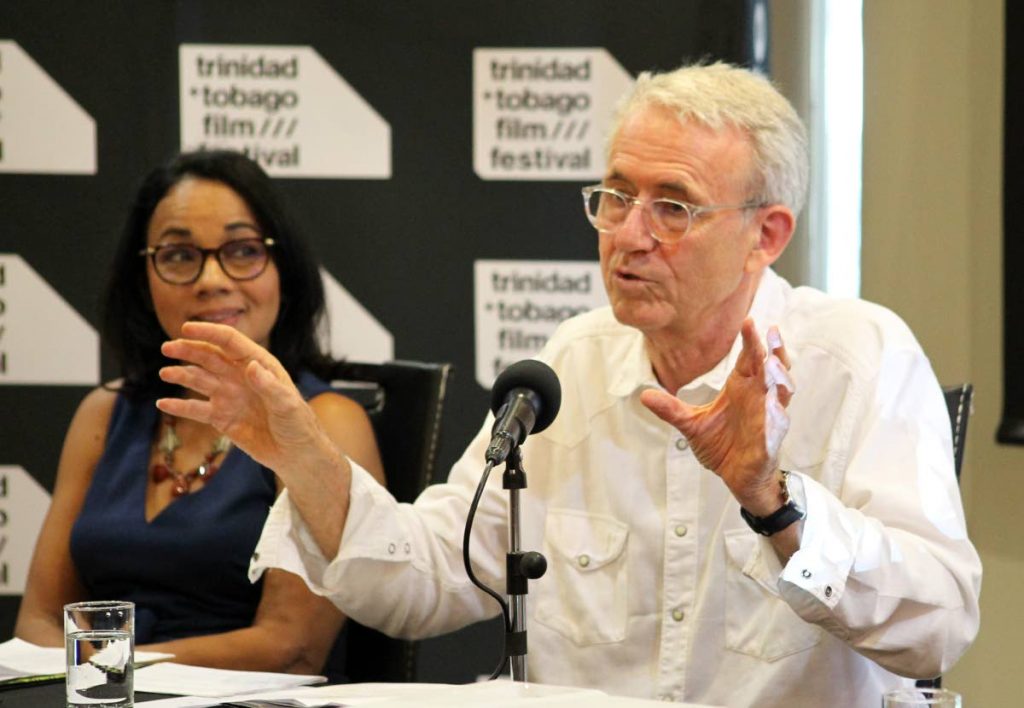How film can help us be the new Wakanda

kmmpub@gmail.com
Film can help drive this economy in ten years. Why? To be sure, it will never replace oil and gas. But we are uniquely placed to grasp a healthy slice of a US$48 billion market.
Using TT’s natural beauty, we have a strong platform to captivate film studios and audiences alike. Combined with a relatively rich seam of creative talent, this is a comparative advantage that was on full display at the TT film festival.
This mango is ripe for the stealing. So, what has been stopping us?
First off, we don’t have the people. Creative talent abounds, but technical talent less so. Not everyone can just plop themselves down on the director’s chair. Someone needs to fiddle with cameras, and someone needs to book locations. One director told me that there might be enough technical support for just two feature films filming in TT at the same time.
Out of necessity, many local directors have become jack-of-all-trades. But they struggle with the business side of film. Sharp executive producers are thin on the ground.
The second problem is cash. This may seem odd, given that the Government has thrown tax incentives towards film. But outside of a few advertising gigs, film remains largely a philanthropic enterprise and less a business opportunity.

Part of this is due to a risk-averse investing culture. But investors can’t be blamed entirely. They are rarely presented with a clear path to market. The local TT and Caribbean market is tiny. And few filmmakers go to investors with a specific market plan (that they will target Africa, or India for example). Tax incentives may be helpful, but in isolation they are not enough.
FilmTT is trying. But the reality is that filmmakers cannot depend entirely on grants- it is not sustainable.
So how do we smash these road blocks and unleash our filmmakers’ natural creativity?
The first step is to double down on our efforts to bring more international films and television series to shoot in TT.
If we do that, aspiring locals can get experience on international-standard sets. Even if the work they get is low level, they can observe and make connections that could lead to bigger things. The industry’s technical capacity will benefit.

People like TT Film Festival founder Bruce Paddington and FilmTT chairman Dionne McNicol Stephenson are already reaching out to international film scouts. Boosting their budgets would help.
Technology is also making formerly obscure locations more accessible. Start-ups like Setscouter allow anyone to rent out their spaces as film locations. We can invite them to launch here.
There are ways the Government can support that don’t involve cash. One of the reasons Tunisia attracted studios to produce films like Star Wars was because they brought their intellectual property laws up to scratch; aligning them to international standards.
We can tap our talented diaspora. It is not just actors like Black Panther star Winston Duke. Media industry leaders across the world hail from TT.
After the first big blockbuster, growth will follow. Jamaica has done it with James Bond, and we can too.
Knock-on effects from film publicity can boost the rest of the economy, particularly tourism. After The Beach was shot in Thailand, tourism spiked.
Once we start bringing international films here, we can develop the ecosystem to start exporting more of our own films: and find our path to market. We do have talented filmmakers that understand the importance of finding the right audience. Michael Mooleedhar understood that adapting well-known books was one way to go. His Green Days by the River was based on a book that was on every Caribbean child’s school list.
As he told me, a good producer should find the path that gets it in front of an audience, whether that be TT, Nigeria or Mumbai. Ideally our stories will appeal to underserved niches, and make them appealing enough that companies like Netflix will snap them up, as it has with Caroline de Verteuil’s Love, Breath and Salt.
That doesn’t mean sacrificing creative vision. Oliver Milne has funded creative work like his short film Salty Dog, while building a solid reputation with commercial work like the music video for Kes’ Savannah Grass.
TTT has started using its format to create more local content. If they push this, it can serve as an incubator for young people looking to get a leg up in the industry.
Our people’s narrative is compelling and our country beautiful, if internationally obscure. There the similarities with Black Panther’s utopian Wakanda end. Perhaps if we boost our film industry, our reality may start to resemble the screen.
Kiran Mathur Mohammed is a social entrepreneur, economist and businessman. He is a former banker, and a graduate of the University of Edinburgh

Comments
"How film can help us be the new Wakanda"